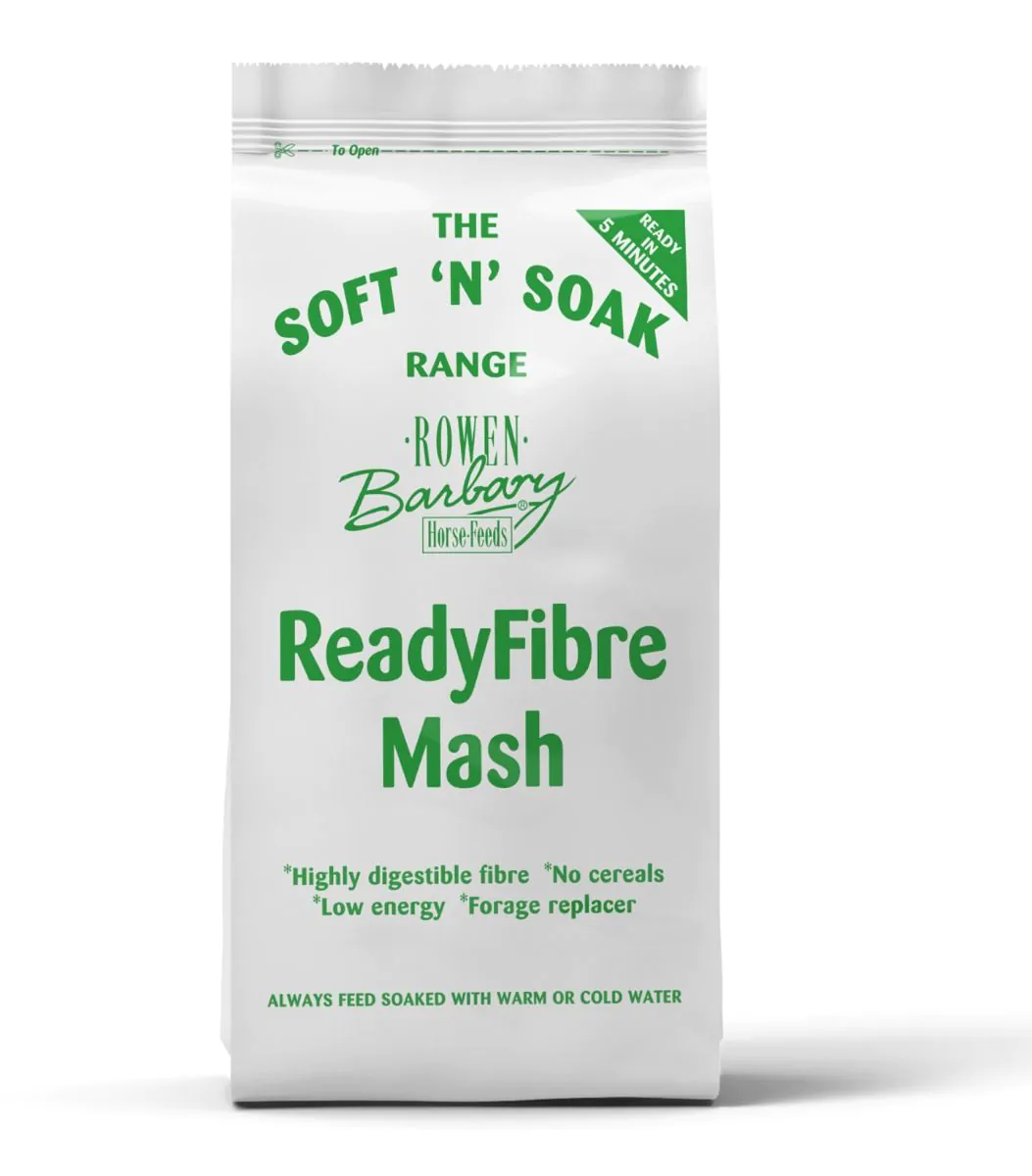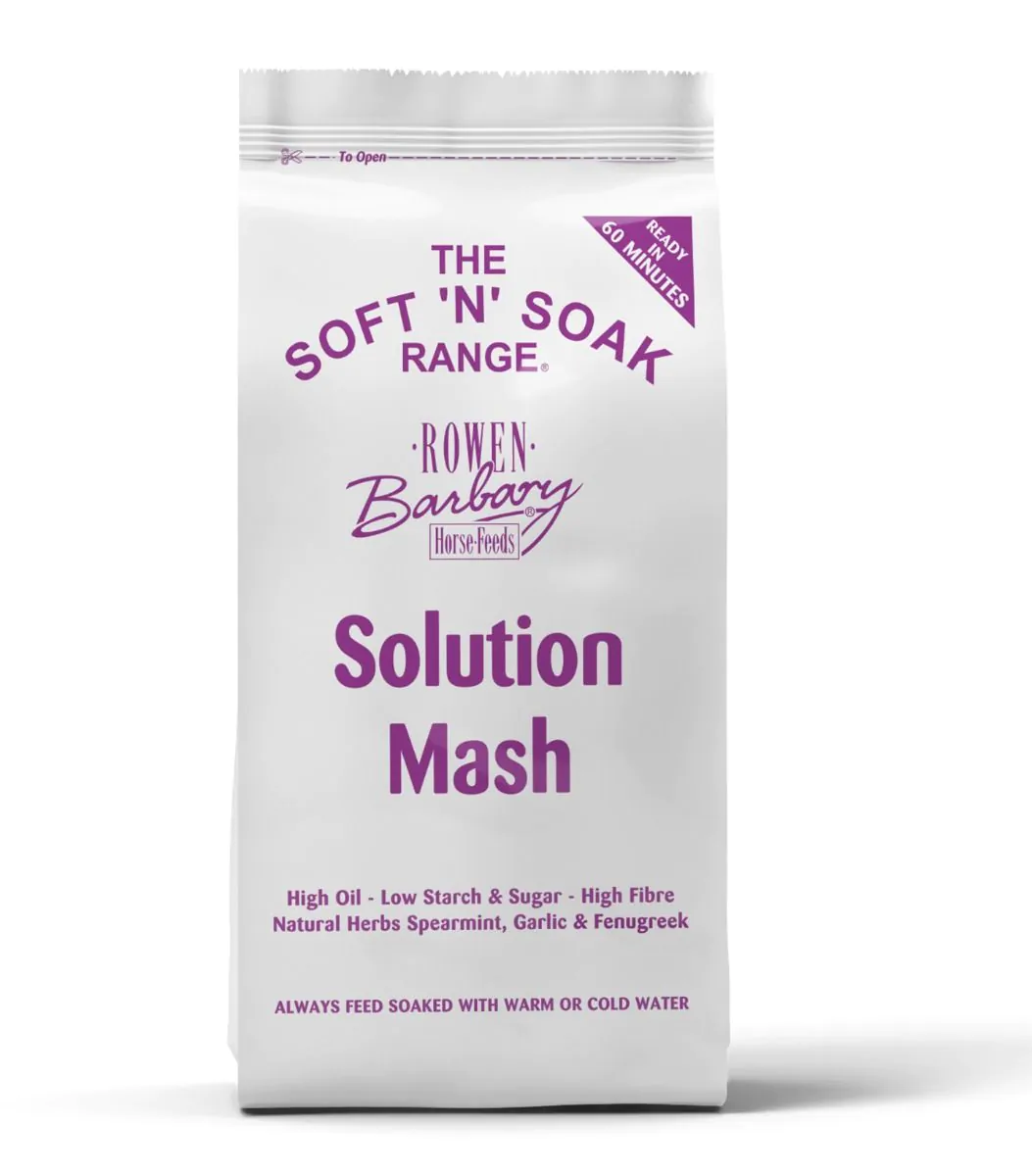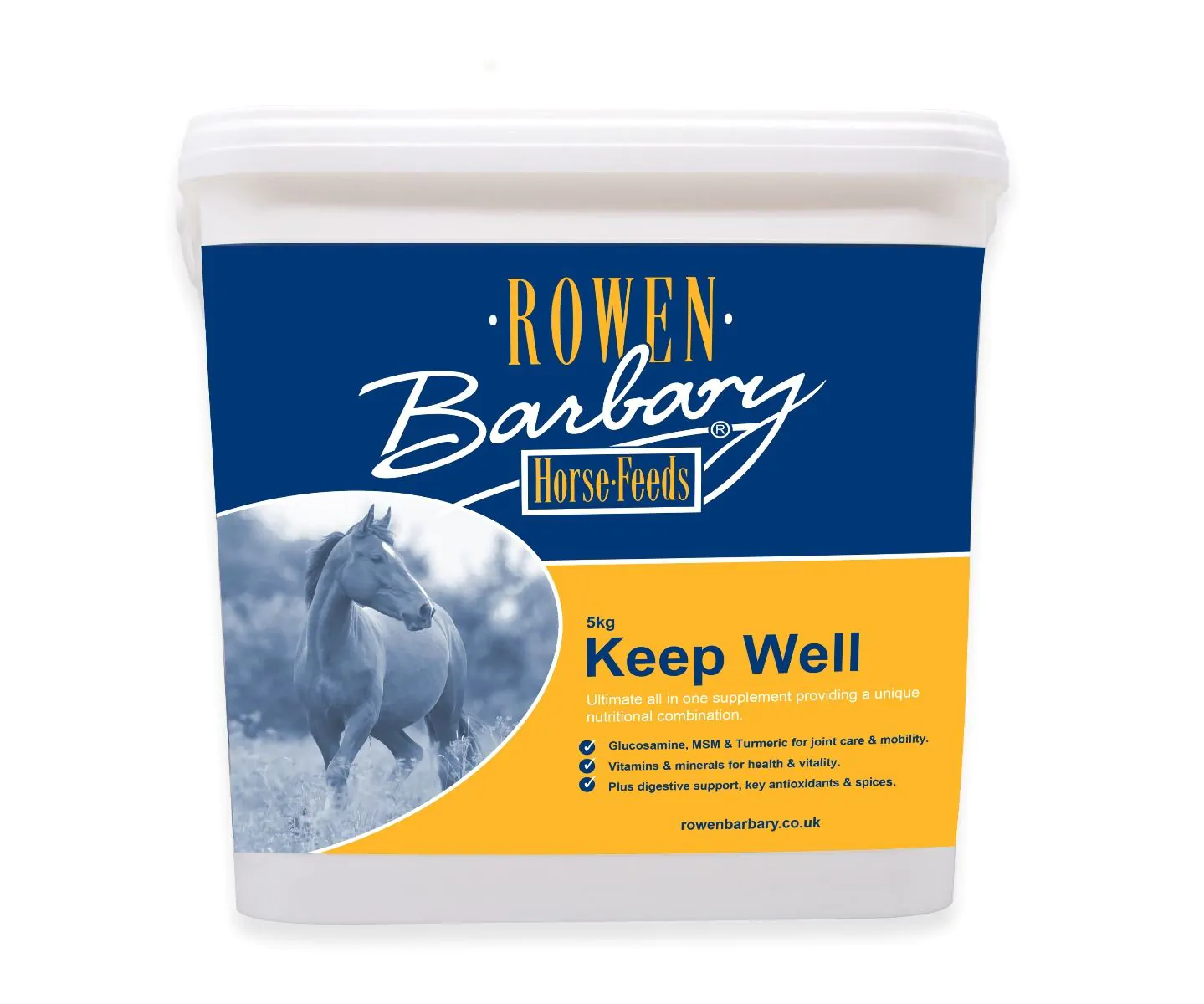- 14th January 2022 by Rowen Barbary
Is Jack Frost nipping at your horse's toes?
Winter presents risks to horses and ponies with Laminitis, PPID and Insulin Dysregulation. Frosty weather usually pairs up with bright sunny days, although they may be beautiful they causesugars to accumulate in the grass, less turnout, harder ground and this results in less exercise.
Many owners know that their horses and ponies should not graze on the frosty grass until the frost has melted however, that fact is not entirely correct. Although the frosty grass has melted the accumulated sugars will still be present and will not begin to reduce until the grass is able to respire. The physiological process of grass respiration, is when the grass is able to convert the sugars into stem growth. Stem growth occurs when the environmental conditions allow. The overcast weather will not allow photosynthesis to occur and therefore will not increase the sugar levels of the grass. The nightfall temperatures being above 5 degrees allows the grass to respire and grow which reduces the sugars to more suitable levels. It is not the frost itself that is the threat, however, this is a consistent way to know when the sugar levels remain high.
It is important to check your horse during cold periods to ensure they are not developing any symptoms of foot soreness or laminitis. Common symptoms of laminitis is a strong digital pulse, shifting their weight between feet and sometimes increased heat of the feet (however this is not a consistent measure to use).
To prevent the onset of foot sensitivity or laminitis, it is recommended that access to grass is prevented when possible and if it is unavoidable then it is limited through providing a haynet before turnout or a high fibre feed such as our Ready Fibre Mash or hay is provided out in the field that is low in sugar and starch (below 10%). When the weather is overcast and the nights start to get warmer they can spend longer turned out. Ensure hooves are trimmed to a high standard and balanced to avoid any strain on the laminae. If your horse is particularly foot sore on hard ground specific shoes, pads or boots can be used to help to alleviate the pain.
If your horses are stabled and/or on reduced exercise, ensure they are receiving a higher fibre diet and lower calories. For horses and ponies that have PPID ensure they are receiving low starch and sugar and are kept warm through correct rugging as they may lose condition quicker. If you are looking for a conditioning feed during the colder periods, the Solution Mash is suitable for horses and ponies prone to laminitis and requiring condition as it is cereal and molasses free, high in fibre and oil and contains a fully balanced ration of essential vitamins, minerals and trace elements. The sugar level is only 1% and the starch 4.5%.
For horses and ponies that are good doers which may require a low calorie diet which is still fully balanced with joint and digestive support, we recommend our Ready Fibre Mash and RB Keep Well. The RB Keep well contains Glucosamine and MSM to help with joint support, Yeasacc and Cinnamon for digestive support and the essential vitamins, minerals and trace elements.
 Eleanor Blinkhorn (Bsc) | Equine Nutritionist
Eleanor Blinkhorn (Bsc) | Equine Nutritionist
 Eleanor Blinkhorn (Bsc) | Equine Nutritionist
Eleanor Blinkhorn (Bsc) | Equine Nutritionist 
About Rowen Barbary
All manufacturing at Rowen Barbary is carried out in a state of the art mill located in the heart of the Shropshire countryside. We use only the highest quality ingredients sourced, where possible, from local farms before they are blended by our dedicated team in our UFAS audited mill.
Rowen Barbary also conforms to BETA NOPS guidelines with raw materials & finished feeds regularly laboratory tested to ensure that every bag of feed continues to meet not only ours, but also your high standards.
We Recommend...




